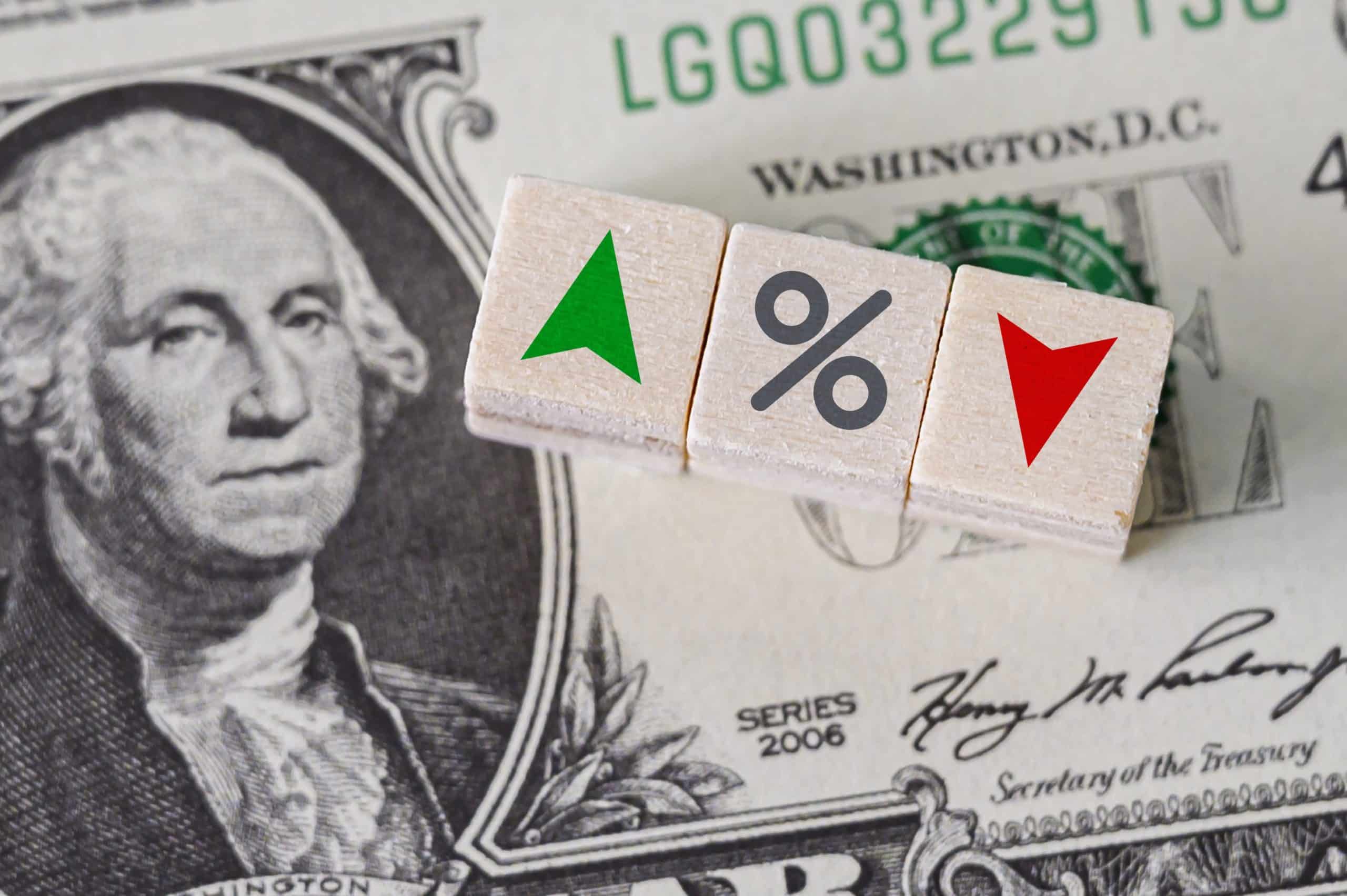The Fed is expected to cut interest rates by over 100 basis points in 2024 as inflation rates fall, adopting a more dovish monetary policy stance. Image by Monster Ztudio, Adobe Stock.
The U.S. Federal Reserve is likely to adopt a dovish monetary policy stance in 2024, according to projections published by Deutsche Bank on Monday. Analysts predict the Fed will cut interest rates by at least 100 basis points from current levels of around 5.25-5.50%.
Easing Policy As Inflation Rate Descends
ING expects the Fed to ease policy next year as economic growth and inflation rates decelerate. The central bank aggressively hiked rates over the past year to combat surging consumer prices. With inflation expected to moderate, the Fed will have the capacity to cut rates and support the economy.
The accommodative stance would weaken the U.S. dollar, providing a tailwind for risk assets like stocks and cryptocurrencies. The dollar tends to decline when the Fed adopts a dovish stance, incentivizing investors to move into higher-yielding assets.
The Fed is forecasted to deliver the biggest rate cuts in 2024. Traders are betting on a decline of at least 100 basis points from this year’s peak levels, according to Deutsche Bank Research. Other central banks like the Bank of England and European Central Bank are also likely to cut rates, but less aggressively than the Fed.
The expected policy easing comes after the Fed raised its benchmark rate from near zero in March 2022 to a current range of over 5.25% to 5.5%.
Fed’s Monetary Policy Pivot to Support Growth
Economists widely expect inflation to continue descending as supply chain pressures ease and demand moderates. Lower inflation will enable the Fed to pivot toward supporting economic growth and employment rather than solely focusing on price stability.
While the base case is for Fed rate cuts and dollar weakness, risks are still present. Any reacceleration in inflation would force the Fed to reconsider easing policy. Analysts also point to potential shocks like higher oil prices, slower Chinese growth, or stronger U.S. economic data as threats to expectations for a weaker dollar.
For now, traders are pricing in a dovish shift by the Federal Reserve in 2024. As the most influential central bank globally, the Fed’s monetary policy stance often sets the tone for risk sentiment and asset prices worldwide. The projected easing cycle presents a constructive backdrop for stocks and cryptocurrencies next year.

